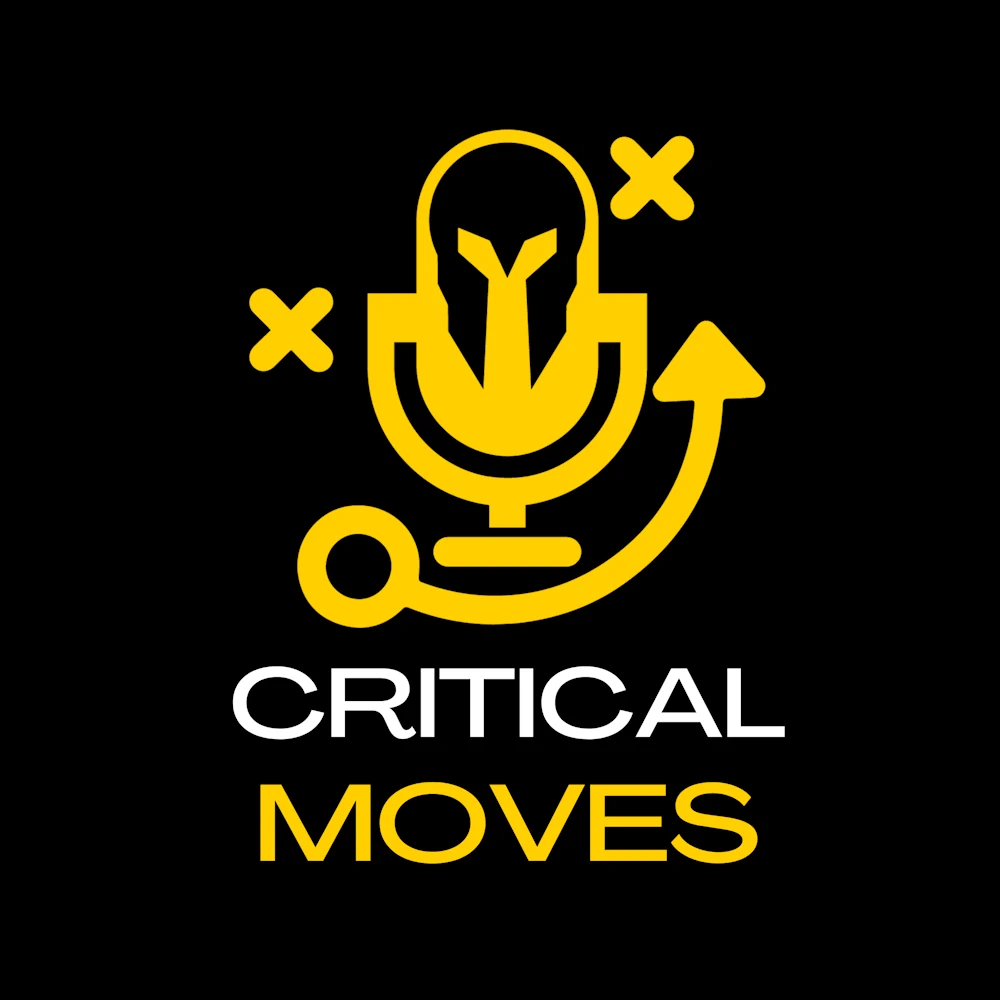Welcome back to Critical Moves. This is Episode 30, and we’re doing something inevitable, talking Warhammer. Specifically, Warhammer strategy games. Al’s in the host seat this week, joined by Joe for a rare one-on-one episode that digs into Games Workshop’s long, weird relationship with the strategy genre.
The episode kicks off with Al admitting the Warhammer Skulls showcase has been on his radar more than usual this year. Partly because it’s always a mixed bag, and partly because the Warhammer licence has been everywhere. Joe agrees. Too many of these games feel like they were made for next to nothing and dumped on Steam, barely noticed. But once you dig, there are a few absolute gems hiding in the rubble.
There’s no getting around the classic starting point: Dawn of War. Al gives a breakdown of why the first game still holds up. The unit barks, the way each faction feels distinct, the campaign that actually told a decent story. Joe jumps in to add that the expansions, especially Dark Crusade, were doing things most RTS games didn’t even try. A proper single-player map. Persistent armies. Tactical layer. All of it wrapped in 40K grit.
That naturally leads to Dawn of War II, which splits opinion. Joe rates it. Smaller squad tactics, tighter focus, less base-building. Al’s less convinced, mostly because it stripped out what made the first game fun for him. Still, they both agree it at least tried something different. Which is more than you can say for Dawn of War III, a game so bland it gets about thirty seconds of discussion before they move on.
From there, the conversation veers into Games Workshop’s strategy with licensing. Joe points out the sheer volume of games is the problem. There’s a race to the bottom on price and quality, and it’s hard to know what’s worth playing. Al agrees, but makes a case for the scattergun approach occasionally landing on something special. Mechanicus gets a mention here. So does Gladius. Both are decent in different ways. One atmospheric, one meat-and-potatoes.
The fantasy side gets its due too. Total War: Warhammer is the obvious heavyweight. Joe reckons it’s the best thing Creative Assembly ever made. Al isn’t far behind him. The scale of the battles, the commitment to faction flavour, the sheer absurdity of it all, it’s what a Warhammer game should be. They both laugh about how hard it would be to pitch that trilogy to a publisher today. “Let’s make three giant strategy games, each more bloated than the last, and sell half the content as DLC.” Somehow, it worked.
There’s some love for the niche titles too. Battlefleet Gothic: Armada comes up, with Joe saying it’s the closest you get to a 40K naval combat sim in space. Al calls out Rites of War, mostly for being weird and old and trying things that didn’t work, but still managing to be memorable. They don’t pretend every game deserves a second look. There are plenty that don’t, but there’s enough good stuff buried in the library that a real conversation is worth having.
Towards the end, Al asks the big question: what makes a Warhammer strategy game good? Joe says it’s not just mechanics. It’s how the game feels. If the game makes you feel like an Inquisitor, a Waaaghboss, or a Hive Tyrant, you’re already halfway there. Al adds that you can fake the lore, but you can’t fake the tone. Warhammer games fall apart when they try to be generic. The ones that commit – really commit – stand out.
Before signing off, they talk about what’s coming next. There’s some cautious optimism about upcoming Skulls announcements. Joe’s hoping for something turn-based that isn’t stuck in the mobile swamp. Al just wants someone to try making a proper Imperial Guard-focused tactics game. One that doesn’t forget that Warhammer’s about horror, attrition, and hope being a resource you run out of early.
Listen on Spotify, Apple Podcasts, Amazon Music, or search your alternative preferred podcast provider.
Ahh, we’re on YouTube too!
Discover more from Critical Moves Podcast
Subscribe to get the latest posts sent to your email.

